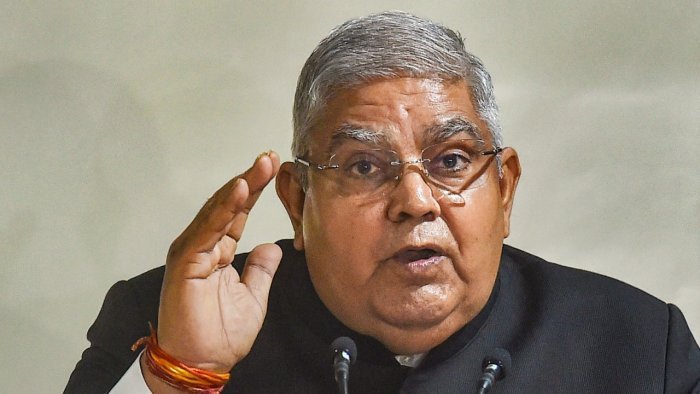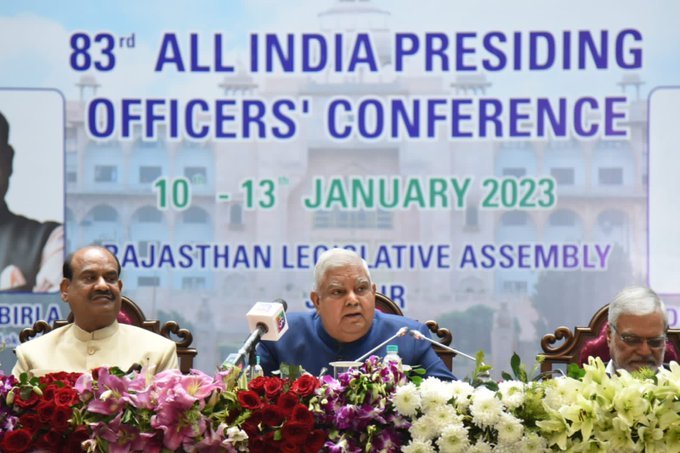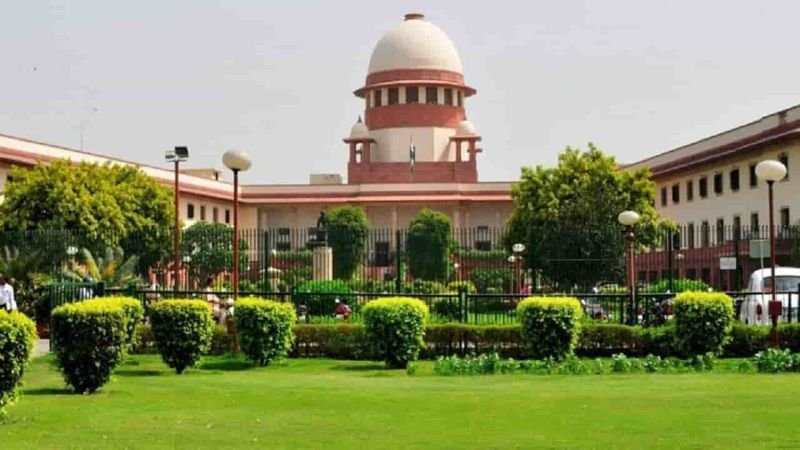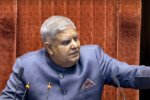NEW DELHI, Jan 12 (PTI): The Congress on Thursday described Rajya Sabha Chairman Jagdeep Dhankhar’s remarks questioning the landmark 1973 Kesavananda Bharati case verdict as an “extraordinary attack on the judiciary”, and said that a “no-holds-barred assault” on one constitutional institution by another was quite unprecedented.
Vice President Dhankhar had on Wednesday criticised the scrapping of the NJAC Act in 2015 and also questioned the Kesavananda Bharati case verdict, saying it set a wrong precedent and that he disagrees with the Supreme Court ruling that Parliament can amend the Constitution but not its basic structure.
“In my 18 years as an MP, I’ve never heard anyone criticise the 1973 Kesavananda Bharati judgment of the Supreme Court,” Congress general secretary in-charge Jairam Ramesh said in a tweet.
“In fact, legal luminaries of BJP like Arun Jaitley hailed it as a milestone. Now, the Chairman of Rajya Sabha says it was wrong. Extraordinary attack on the judiciary!” he tweeted.
It also bears mention that a “no-holds-barred assault” on one Constitutional institution by another is quite unprecedented, Ramesh said in another tweet.
“Having different views is one thing, but the Vice President has taken the confrontation with the Supreme Court to an altogether different level!” he said.
Earlier, senior Congress leader P Chidambaram said Dhankhar is “wrong” in stating that Parliament is supreme and his views should warn every Constitution-loving citizen to be alert to the dangers ahead.
Reacting to Dhankhar’s remarks, Chidambaram, a lawyer, said on Twitter, “The Hon’ble Chairman of the Rajya Sabha is wrong when he says that Parliament is supreme. It is the Constitution that is supreme.”
The “basic structure” doctrine was evolved to prevent a majoritarian-driven assault on the foundational principles of the Constitution, the former Union minister said.
“Suppose Parliament, by a majority, voted to convert the parliamentary system into a Presidential system. Or repeal the State List in Schedule VII and take away the exclusive legislative powers of the States. Would such amendments be valid?” Chidambaram said in a series of tweets.
After the NJAC Act was struck down, nothing prevented the government from introducing a new Bill, the senior Congress leader said.
“The striking down of one Act does not mean that the ‘basic structure’ doctrine is wrong,” he added.
“In fact, the Hon’ble Chairman’s views should warn every Constitution-loving citizen to be alert to the dangers ahead,” Chidambaram said.
At a press conference here, Congress’ media department head Pawan Khera also hit out at Dhankhar’s remarks.
“With due respect to the office of the vice president and the gentlemen who occupy that office, I think he needs to go back to his textbooks. The Constitution of India is supreme, not the legislature. The Constitution is bigger than all of us. That is the supreme guiding principle we need to follow and we follow,” he said.
The Rajya Sabha Chairman needs to go back to the textbooks and the Indian textbooks, not that of the British Parliament, Khera said.
Dhankhar had on Wednesday said “one-upmanship and public posturing” from judicial platforms is not good and these institutions must know how to conduct themselves.
Dhankhar’s virtual censure of the judiciary had come following the apex court’s remarks on the issue of the collegium system.
Addressing the 83rd All India Presiding Officers Conference in Jaipur Wednesday, the RS Chairman, who has criticised in and outside the House the striking down of the National Judicial Appointments Commission (NJAC) Act by the apex court, said that it was “a scenario perhaps unparalleled in the democratic history of the world.”
“The executive is ordained to comply with the constitutional prescription emanating from Parliament. It was obligated to adhere to the NJAC. The judicial verdict cannot run it down,” he had said.
His statement came in the backdrop of a raging debate on the issue of appointment to the higher judiciary with the government questioning the current Collegium system and the Supreme Court defending it.












